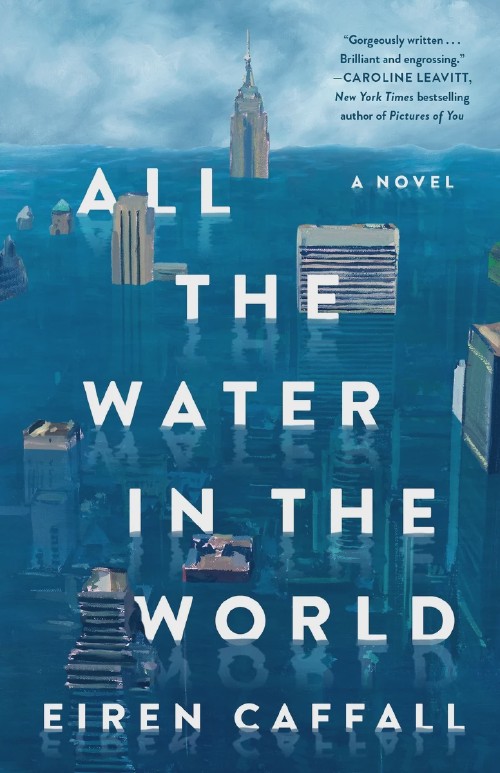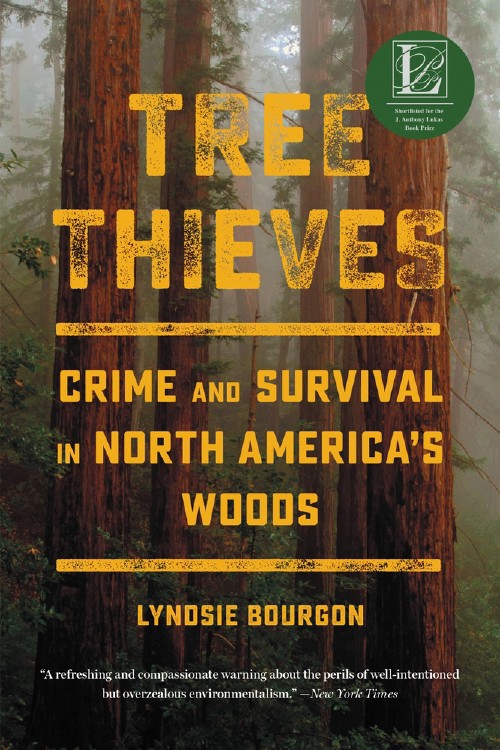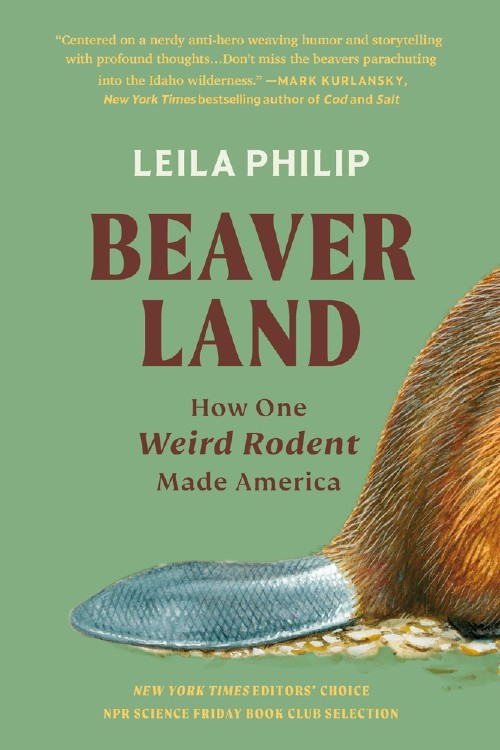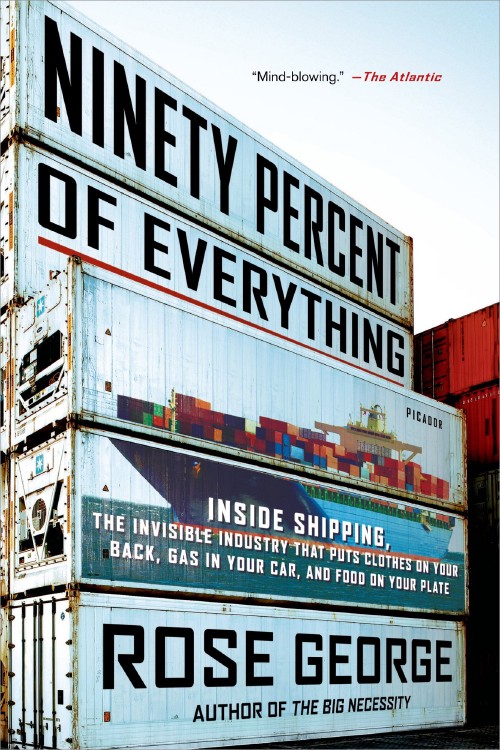In the first half of this year I read 26 books, and I have a feeling I will at least double that by the end of the year. Rather than wait until year’s end, I thought I’d call out some notable books I’ve enjoyed thus far. Below are some recommendations and then at the bottom of the post is the full list of what I’ve been reading.
Strongly Recommended
The Broken Earth Trilogy by N.K. Jemisin
I’ve already started rereading this series. I hardly ever reread books, and usually only years apart, but this trilogy was so good and so incredibly vast that I know I missed things. Jemisin builds a world that is set on earth, but seemingly unrelated to the earth we know. Her interest is in geological timescales, in the ways we shape and reshape the earth, in the ways the earth shapes us, and in the ways our hubris leads us to think that we can fully understand every consequence of the choices we make. Her characters are deeply human but have a lot more going on below and at the surface. I recommend this series as strongly as possible.
The Mushroom at the End of the World by Anna Lowenhaupt Tsing
The past few hundred years have seen humans – mostly us humans operating inside capitalist and colonial structures – reaping destruction across the earth. How, Tsing asks, might we find our way out of this mess? This book is not a proposal, or a solution, or even an attempt to wrestle through all the complications. Rather, it’s a comprehensive attempt to notice all the complications and find strong examples that help us think about what solutions will look like. Tsing wants us to look clearly at the world, to not taint it with simplistic narratives or naive diagnoses, but rather to refine our ability to notice and name our complicated reality.
To help us do that, she brings us into the world of matsutake mushroom scavengers, and then she explores the various ecologies that surround the matsutake. What I loved about this book was the desire Tsing has to examine every nuance. She seeks to understand both what the status quo of the matsutake market and also who participates in it, all of their motivations, and how this market has come to be, which necessarily involves detailed examinations of Japanese and America forestry practices in the past century. As she helps us understand how to pay attention to complexity and history and context, we are drawn into the questions that remain unanswered about humans ability to survive the world we’re building.
The Color of Law by Richard Rothstein
I’d been seeking for awhile now to better understand the US’s history of racial discrimination in housing policy, and Rothstein’s book covered that incredibly well. Rothstein is not simply interested in documenting the past century of housing policy, though he rigorously does. He sets out to argue that the federal and local housing policies enacted across the US constitute intentional racism. The book is incredibly compelling in this regard; he shows that race informed numerous policies enacted at multiple levels of government, and even the local policies were replicated across the US, ensuring that no matter where people of color (specifically black people) lived, they were shut out of the main way that the lower and middle classes built their wealth in the past century. Well worth the read to understand this critical aspect of race and wealth disparities in our current age.
Homegoing by Yaa Gyasi
My words fail trying to describe this masterful novel. Every chapter introduces us to a character, all of them related. In the course of the powerful, simple chapters Gyasi tells a history; of a family, of a people, of so much more.
The novel starts with fire, ends with water, and in between we have moved from village life in Africa hundreds of years ago to the modern world. Every character is beautifully realized. The prose is gorgeous, the history is harrowing. This book is phenomenal.
The Boy Kings by Kate Losse
What if you were in the room during the early days of Facebook? What if you weren’t in “the club” but everyone thought you were? Kate Losse was both of these things, and she turned her time inside Facebook into this excellent book. Losse’s book is an insightful look at the way a bunch of young white men built the initial platform that has become the communication medium we know today.
Today, as Facebook is investigated for discriminatory ads, accused of aiding genocide, and always seems completely caught off guard at the power of the platforms it’s created, this book is a great resource for understanding why that might be.
The Full List
It’s fun for me to have this reference, but also hopefully by mentioning what I’m reading and calling out the most interesting I can find others who have read the same or overlapping books and we can generate some good conversations! So below are what I’ve read so far this year, with the titles in bold ones that I have more to say about below. The titles are in order of when I started them, which is when I recorded them in my reading log.
The only book I don’t recommend below is Sapiens, it was boring and questionable in many of its claims and just not worth your time. Everything else is fantastic. Books in bold are discussed above.
- “This Changes Everything” by Naomi Klein
- “Sapiens” by Yuval Noah Havari
- “So You Want to Talk About Race” by Ijeoma Oluo
- “Ancillary Justice” by Ann Leckie
- “The Mushroom at the End of the World” by Anna Lowenhaupt Tsing
- “The Color of Law” by Richard Rothstein
- “Fun Home” by Alison Bechdel
- “Bury What We Cannot Take” by Kirstin Chen
- “The Fifth Season” by N.K. Jemisen (The Broken Earth Trilogy)
- “The Namesake” by Jhumpa Lahiri
- “Gone Tomorrow” by Heather Rogers
- “Things Fall Apart” by Chinua Achebe
- “The Boy Kings” by Kate Losse
- “The Ends of the World” by Peter Brannen
- “The Obelisk Gate” by N.K. Jemisen (The Broken Earth Trilogy)
- “The Stone Sky” by N.K. Jemisen (The Broken Earth Trilogy)
- “Lilith’s Brood” by Octavia Butler
- “Algorithms of Oppression” by Safiya Umoja Noble
- “Barracoon” by Zora Neale Hurston
- “New York 2140” by Kim Stanley
- “The World in a Grain” by Vince Beisner
- “Tenth of December” by George Saunders
- “Homegoing” by Yaa Gyasi
- “Wildwood Imperium” by Colin Meloy
- “Heart Berries” by Terese Marie Mailhot
- “A World Without Ice” by Henry Pollack



